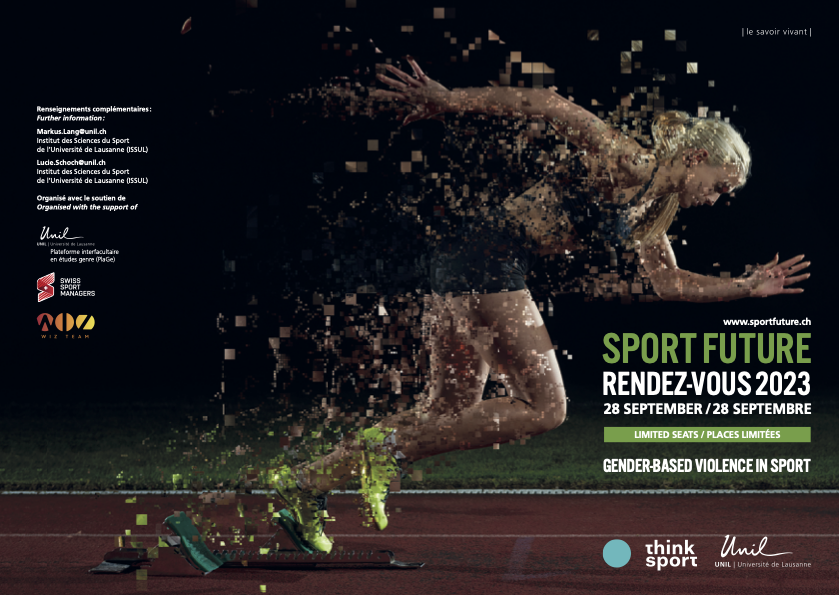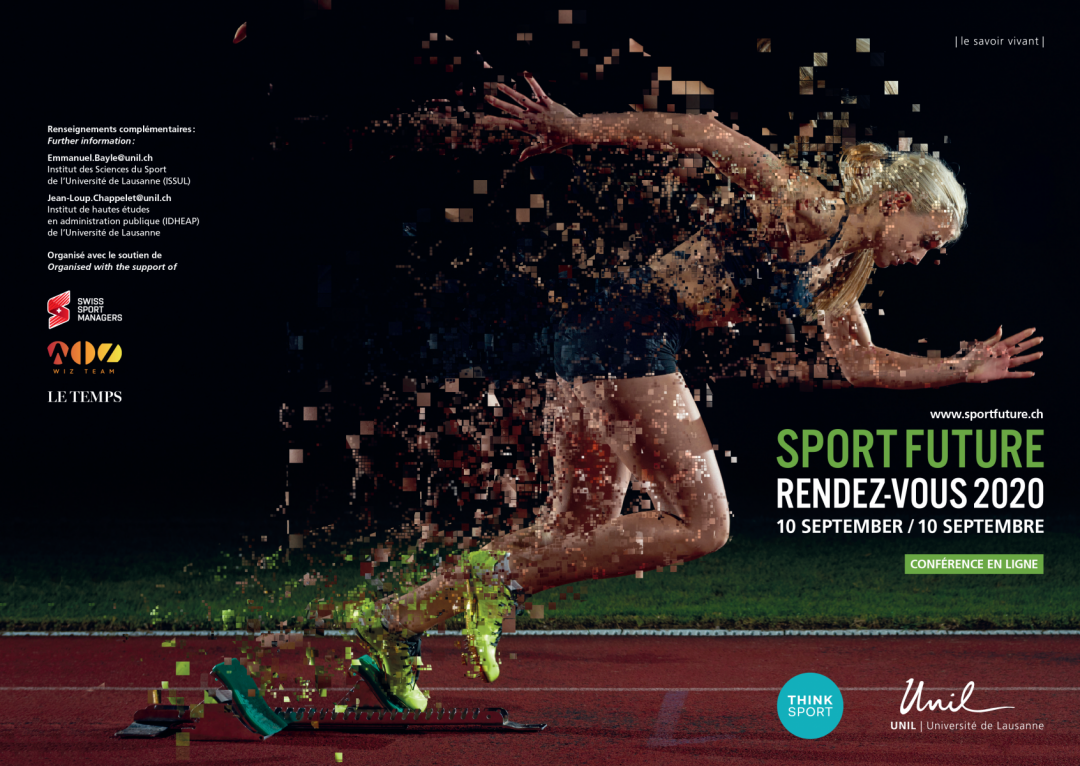As sustainability takes center stage in the future of sports, Sport Future Rendez-Vous 2024 is bringing together leading voices to discuss the path forward. On October 31st, 2024, Vanessa Rueber, Community and Impact Manager at Patagonia, Switzerland, will be one of the speakers contributing to the “Sustainability of Major Sport Events” panel. Vanessa will provide valuable insights on how outdoor and mountain sports are addressing the growing sustainability challenges, and share strategies for creating environmentally responsible sporting events.
We caught up with Vanessa ahead of the event to get her take on where the industry stands and how we can build a more sustainable future for sports.
Q: What’s your assessment of where sustainability initiatives stand in the context of sports today?
“At Patagonia, we approach this through the lens of mountain sports and events, and while the focus on sustainability is growing, it’s still in the developmental stages. Many resorts are adopting renewable energy, sustainable construction, and waste reduction initiatives, but issues like travel emissions and infrastructure expansion persist. Mountain ecosystems are incredibly fragile, so the urgency is clear. Our Vanishing Lines campaign, for instance, highlights the need to limit unnecessary ski resort expansions, demonstrating how we can balance environmental protection with sporting activities by focusing on minimising resource use and preserving wild spaces.”
Q: How do you see local communities playing a role in sustainability efforts at sports events?
« Sports events offer a fantastic opportunity to engage local communities in meaningful sustainability efforts. This can be achieved through volunteer programs focused on initiatives like waste reduction or biodiversity preservation. At Patagonia, we’ve seen great success with our Worn Wear program, which brings people together to repair and reuse outdoor gear. Involving communities in these kinds of efforts not only helps the environment but also fosters a sense of ownership and pride in contributing to sustainable solutions. I believe sporting events can serve as platforms for these types of partnerships with local businesses and environmental groups, creating a legacy that extends beyond the event itself. »
Q: What are some lessons from the past that can inform future sustainability strategies in sports?
« One of the key lessons is that sustainability can’t be an afterthought. It needs to be integrated from the very start—at the planning phase—and continue all the way through post-event activities. For instance, at Patagonia, we focus heavily on the circular economy and durability of our products, ensuring they last longer and reduce waste. This mindset can easily be applied to sporting events. We need to think not just about how to make events more sustainable, but also how we can leave a positive environmental impact that lasts well after the event is over. Long-term planning and integrating sustainability into the entire lifecycle of an event are essential if we want to drive real change. » Join Vanessa Rueber, along with Benja Faecks, Policy Expert, Carbon Market Watch, and Isabella Burczak, Cycling for All & Sustainability Manager, Union Cycliste Internationale, as they share valuable insights on shaping the future of sustainable sports events. See you at Sport Future Rendez-Vous 2024 on October 31st!
——
Registration: click here
Full Programme: click here


